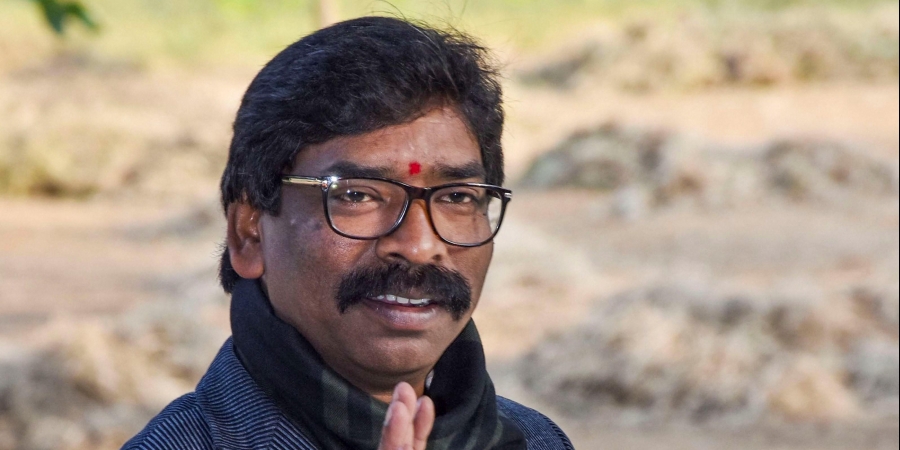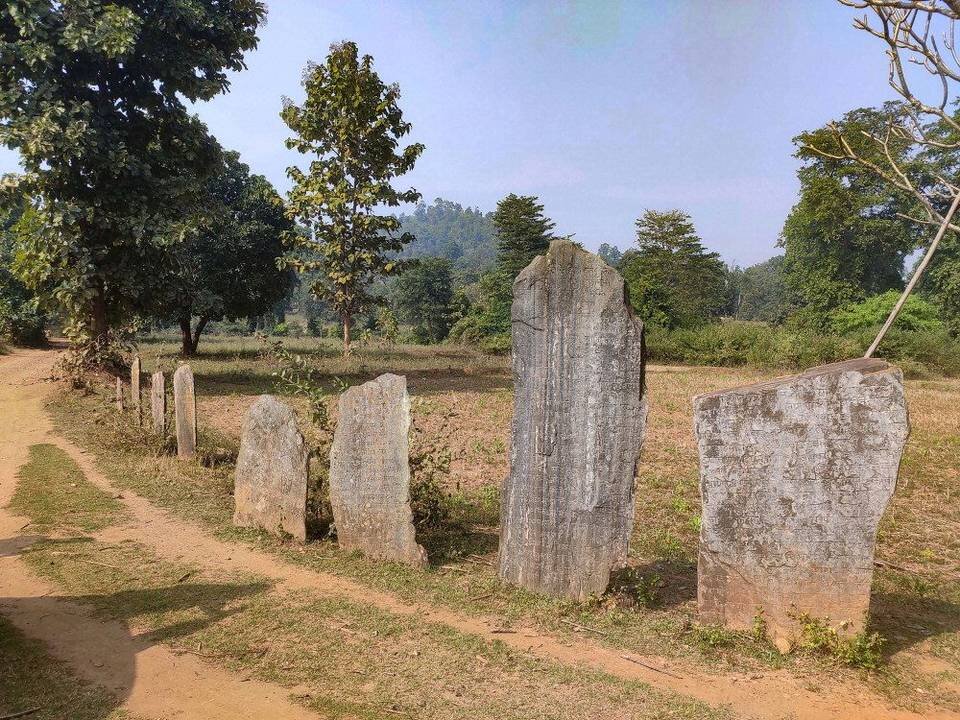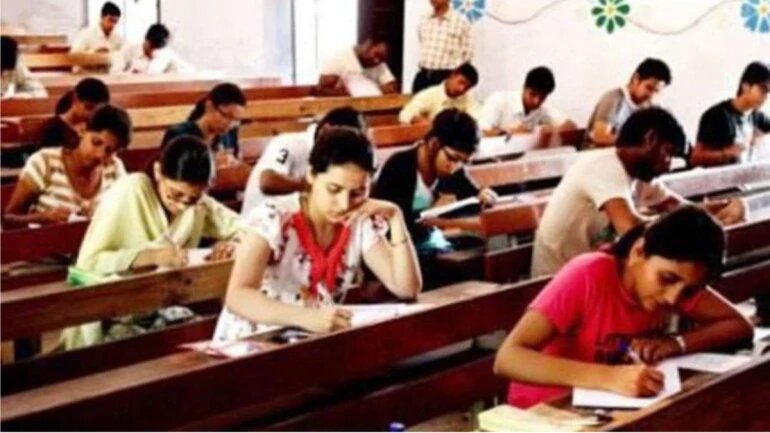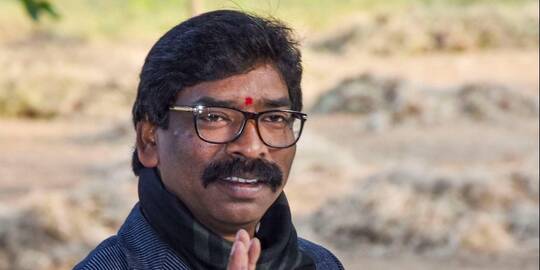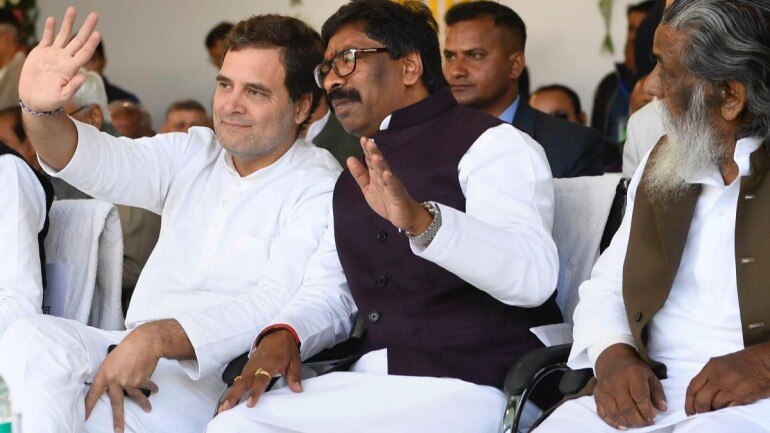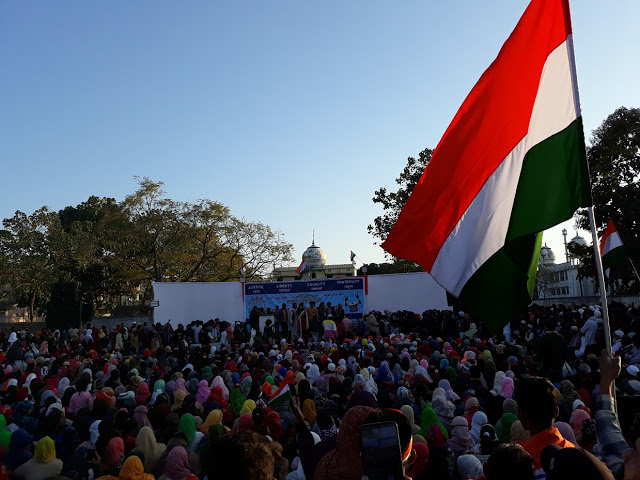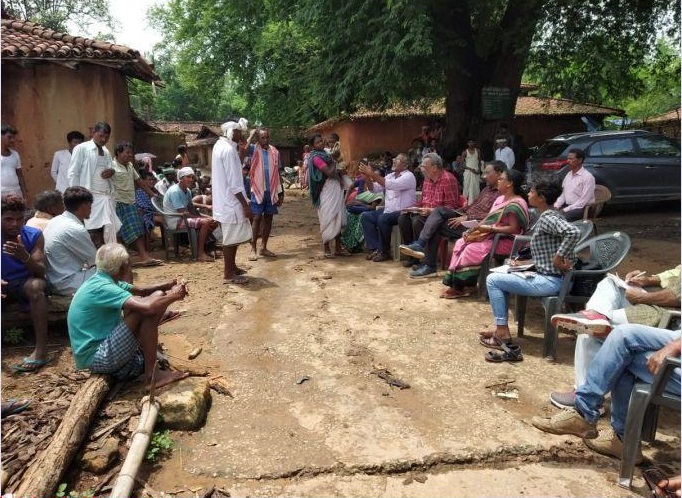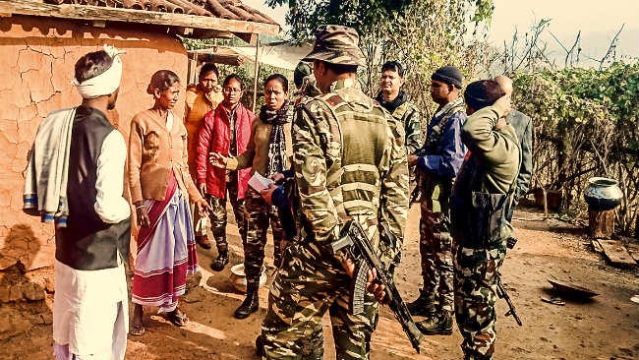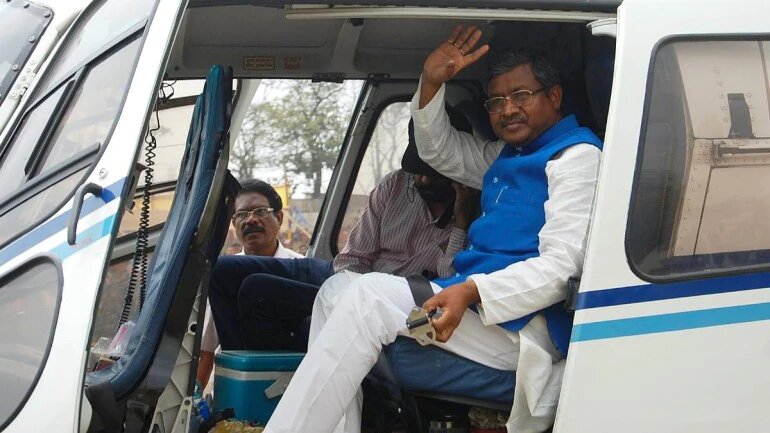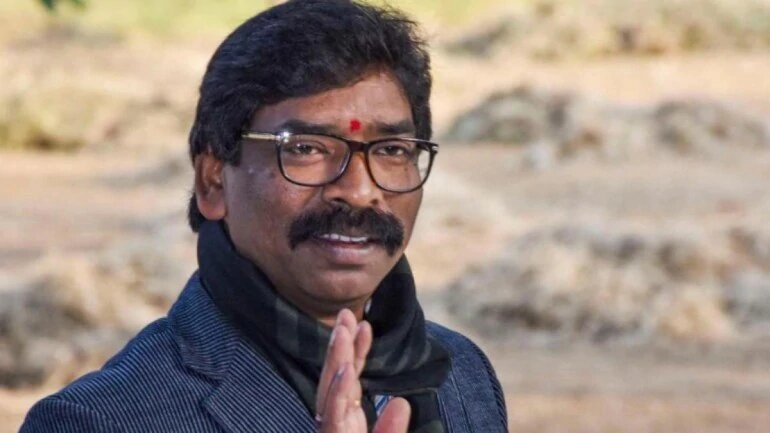Source – indiatoday.in
upporters of “Pathalgarhi” movement, armed with lathis and axes, kidnapped seven villagers and later killed them in West Singhbhum district of Jharkhand for allegedly opposing their stir, police said on Wednesday.
With the horrific incident in Burugulikera village,over 175 km from capital Ranchi, triggering widespread outrage, Jharkhand Chief Minister Hemant Soren ordered setting up a Special Investigation Team (SIT) to find reasons behind the massacre of seven innocent villagers.
Hemant Soren also directed the officials to help families of the victims.
“Set up a special investigation team (SIT) to get a breakthrough about the real reasons behind the incident and identify the guilty. Help families of the victims,” an official release said quoting Soren.
The tragedy coming barely days after the JMM-Congress- RJD coalition government assumed power in the state drew sharp reaction from the BJP.
Newly-elected Bharatiya Janata Party (BJP) national president J P Nadda condemned the mass killing and set up a six-member party team to visit the place and submit a report within a week, a press statement issued by the saffron party’s national General Secretary Arun Singh said.
The members of the team are — Jaswant Singh Bhabhor (MP from Gujarat), Samir Oraon (MP from Jharkhand), Bharati Pawar (Parliamentarian from Maharashtra), Gomti Saai (Chhattisgarh Lok Sabha member), Joan Barla (LS member from West Bengal) and former Jharkhand minister and MLA Nilkanth Singh Munda — the release said.
Giving detail of the event, Inspector General of Police (Operation) Saket Kumar Singh said that the policemen reached Burugulikera village on Tuesday night after getting information about the killing of seven natives.
After murdering, the killers had dumped bodies of the victims in a nearby forest.
A panchayat representative was among those massacred, Saket Kumar Singh said.
After an overnight search operation, bodies of the seven villagers were recovered from the forest, four km from the village, Saket Kumar Singh said.
There was a meeting over ‘Pathalgarhi’ movement in the village on Tuesday when a dispute had arisen, West Singhbhum Superintendent of Police Indrajit Mahata said.
Following the development, supporters of the movement kidnapped seven villagers and later killed them with the help of lathis and axes, Saket Kumar Singh said.
Pathalgarhi is a name given to a tribal protest which seeks autonomy for village sabhas (Gramsabhas). Those demanding Pathalgarhi want no laws of the land be applicable on the tribal people in the area.
The Pathalgarhis reject government rights over their forests and rivers.
As part of the movement, Pathalgarhis erect a stone plaque or signboard outside the village/area, declaring the village as sovereign territory and prohibiting the entry of the outsiders.
Hemant Soren had earlier in the day said: “Law is above all and the guilty will not be spared. The police is investigating the matter.”
A high-level meeting will be convened to prevent recurrence of such an incident, Hemant Soren said.
Pathalgarhi movement had hit the national headlines in the middle of 2019.
On June 19, five NGO workers were allegedly abducted and gangraped by armed men associated with the Pathalgarhi movement. They were performing a street play at a school in Khunti district of Jharkhand when they were targetted.
The raiders had branded the NGO workers as “dikus” (outsiders).
On June 26, another group of armed Pathalgarhis had abducted three security personnel posted at the former BJP MP Karia Munda’s home in Khunti. They were released later.
The Pathalgarhi groups have been active across four districts of Jharkhand – Khunti, Gumla, Simdega and West Singhbhum.
All of them are Maoist-infested districts. Soon after being sworn in as the chief minister on December 29 last, Hemant Soren had announced his decision to withdraw all sedition cases registered during the Pathalgarhi movement and protests against the amendments to Chotanagpur Tenancy Act (CNT Act) and Santhal Paragana Tenancy Act (SPT Act).
Former Chief Minister Raghubar Das condemned the Burugulikera massacre and demanded immediate arrest of the killers.
“I feel very painful at the barbaric killing of seven innocent villagers at Burugulikera in West Singhbhum district,” Raghubar Das said in a statement.
Raghubar Das said that the incident raises “a question mark on the law and order situation in the state”.
BJPs Scheduled Tribe Morcha national vice president Arun Oraon also strongly criticised the killing.
“The BJP will send a partys central team to visit the spot to collect pieces of evidence and look into them,” he told reporters here during the day.
The Morchas national secretary and MLA, Koche Munda, alleged that the incident reflected the poor law and order situation in the state, “boosting the morale of anti-social elements”.
